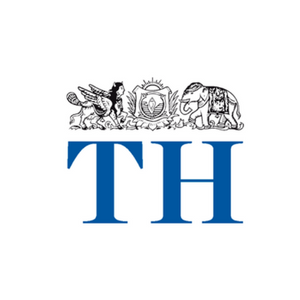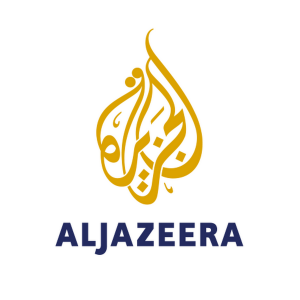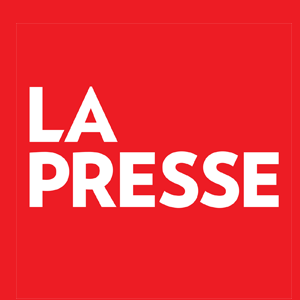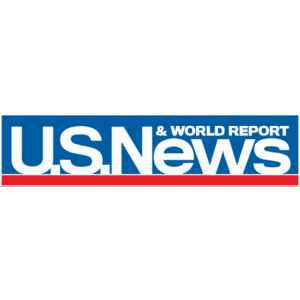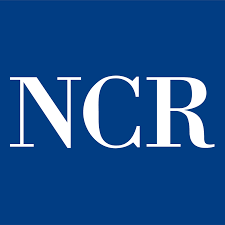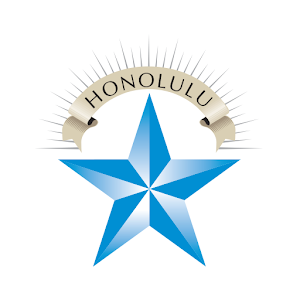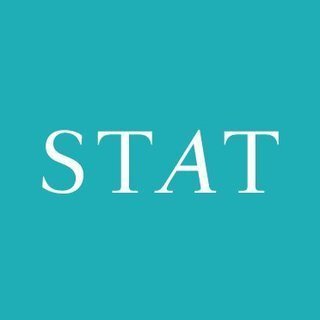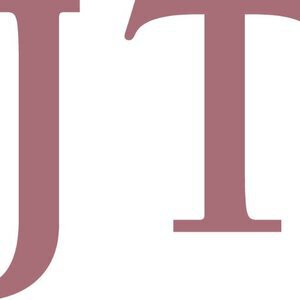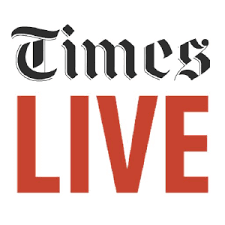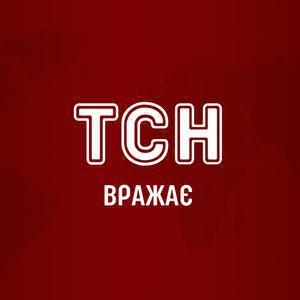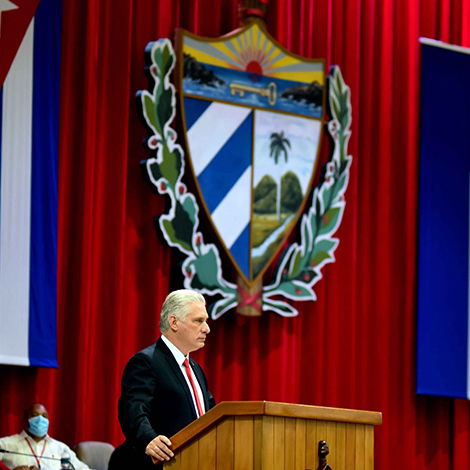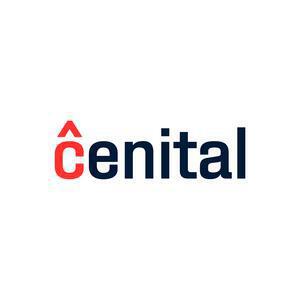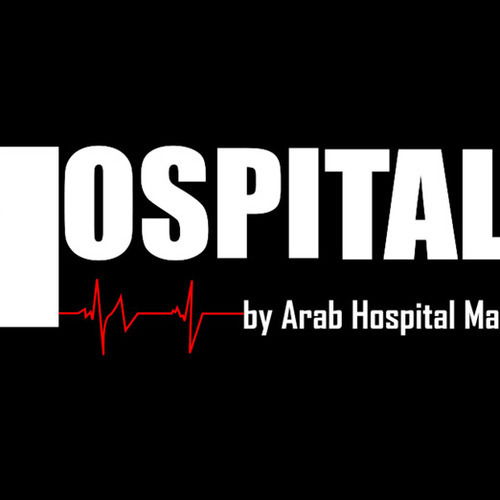- The World Health Organization warns that U.S. funding cuts could lead to the loss of essential health services, including HIV, AIDS, malaria and tuberculosis treatments. WHO’s director highlights the potential for millions of new cases and thousands of deaths if funding disruptions continue.
- Evangelical groups in the U.S. are urging President Trump to maintain foreign aid programs, particularly those supporting PEPFAR.
- The U.S. typically funds about one-fifth of WHO’s annual budget.
Full Story
The World Health Organization (WHO) has warned that countries worldwide could lose access to life-saving vaccines, treatments and medications as U.S. funding cuts linger. WHO Director-General Dr. Tedros Adhanom Ghebreyesus said that halting financial support from U.S. agencies like USAID and the Centers for Disease Control and Prevention could have devastating consequences on global health.
Tedros also pointed out the potential for widespread disruption in essential health services. He particularly noted countries that heavily rely on U.S. aid for HIV, AIDS, malaria and tuberculosis care. The cuts, he said, could lead to millions of new cases and thousands of preventable deaths.
Potential impacts of lost funding
According to Tedros, if U.S. funding disruptions continue, an additional 15 million malaria cases and 107,000 deaths could occur this year alone. WHO’s director also highlighted that more than 50 countries could experience an immediate stop to services for HIV testing, treatment and prevention. Eight nations, in particular, are expected to run out of life-saving antiretroviral medications in the coming months.
These figures have prompted Christian evangelical groups in the U.S. to rally against funding cuts. They urged President Donald Trump to reconsider the impact of halting international aid programs that support the fight against HIV and AIDS. These groups, alongside WHO, warn decades of progress in combating these diseases could be undone, leading to a resurgence of the AIDS epidemic.
PEPFAR’s role in global health
PEPFAR, or the President’s Emergency Plan for AIDS Relief, remains safe from budget cuts. However, evangelical groups caution it still relies heavily on USAID’s data to carry out its work. Launched 20 years ago, the program has saved over 25 million lives. About 20 million people currently depend on PEPFAR’s medicines, with countries like Nigeria relying almost entirely on U.S. support for HIV funding.
Tedros stressed that the U.S. has a responsibility to ensure any withdrawal of funding is done in a humane and orderly manner. He says it should allow countries to find alternative sources of financial support.
In addition to the funding cuts, Trump has expressed plans to withdraw from WHO. It’s a move that could disrupt the global health organization’s work. The U.S. typically contributes about one-fifth of WHO’s annual budget.

